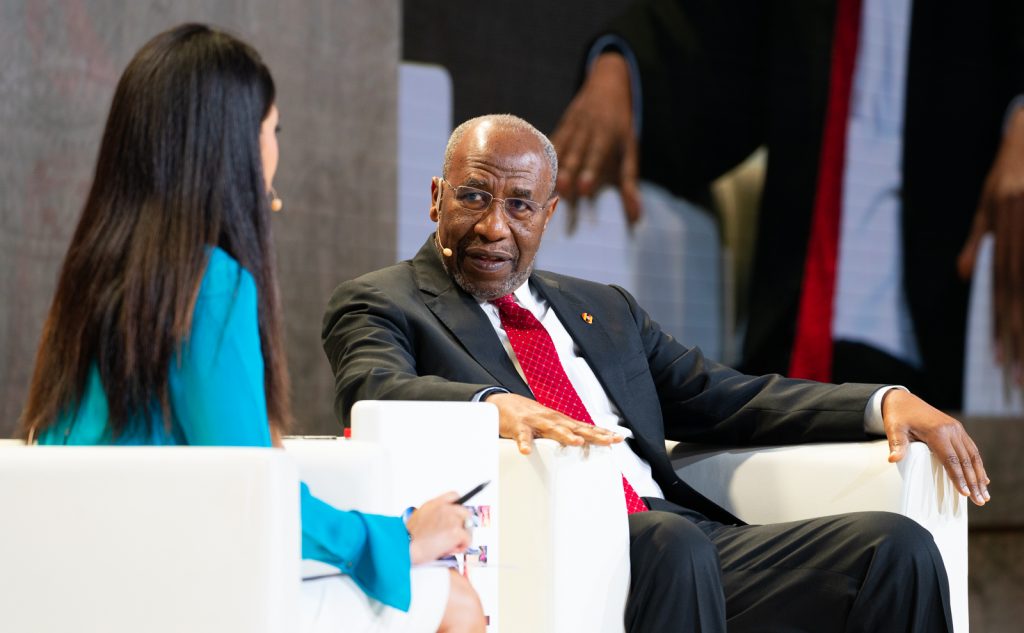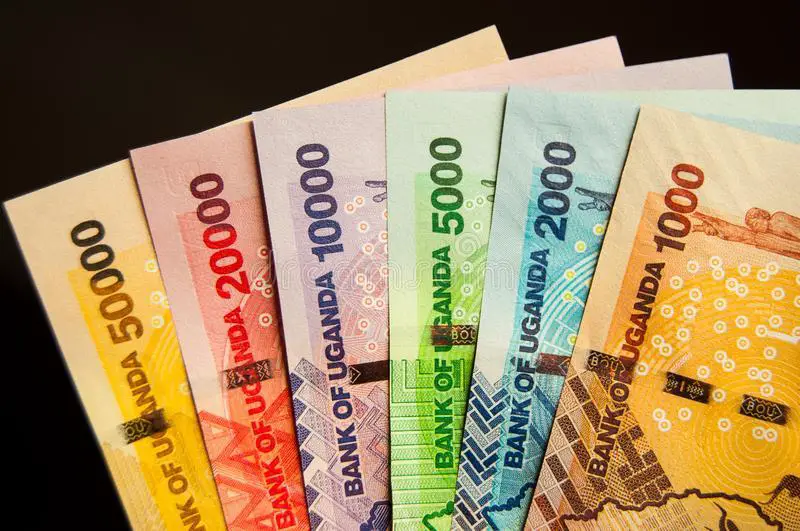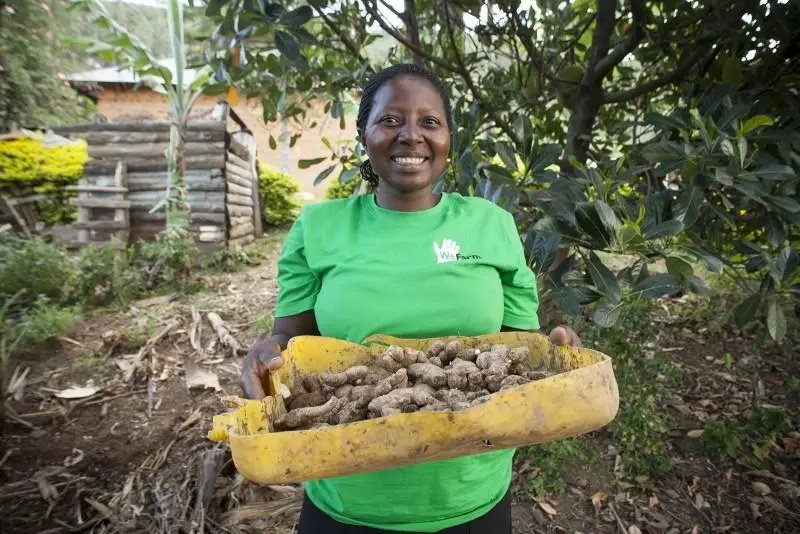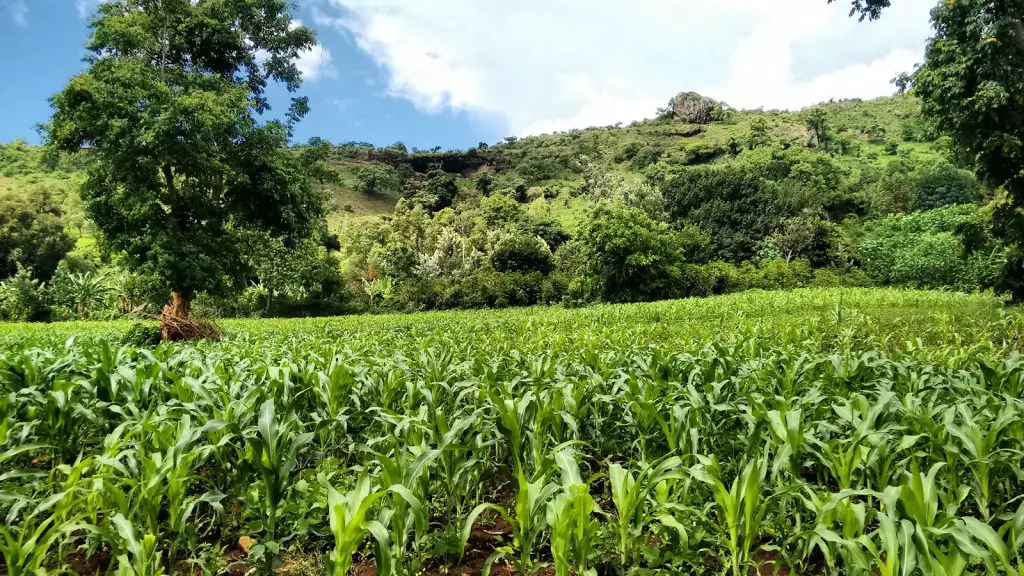- Why the UN is raising the red flag on the UK-Rwanda asylum treaty
- Portugal’s Galp Energia projects 10 billion barrels in Namibia’s new oil find
- Wärtsilä Energy offers tips on how Africa can navigate energy transition and grid reliability
- Powering Africa: Africa’s Path to Universal Electricity Access
- Global investment trends at AIM Congress 2024: a spotlight on the keynote speakers
- South Africa’s deepening investment ties in South Sudan oil industry
- Agribusiness could drive Africa’s economic prosperity
- Dawood Al Shezawi: Why AIM Congress 2024 is the epicenter of global economic and cultural dialogues
Browsing: Uganda
Strict regulations on the use of farm chemicals are locking out fresh produce exporters in East Africa from the European Union (EU) market.
The European Union (EU), which is the leading importer of horticulture produce mainly from Kenya, has amended its policy on the maximum residue levels (MRLs) by lowering permissible limits in food produce.
This comes after the EU put Kenya back on the blacklist of countries using high levels of pesticides.
Due to risk assessment, the European Union lowered the MRLs for several pesticides allowed to produce entering its market mostly ones used in citrus fruits and bananas.
New MRL limits have been set at 0.01 milligrammes per kilogramme (mg/kg) against the international standard that of 2.0 mg/kg MRL level.
Beans and peas new requirements are awaiting approval before coming into effect in January.
With the new MRL limits, exporters and their EU importing agencies must pay $1,212 …
Uganda and the Democratic Republic of Congo (DRC) plan to jointly construct 1,200 kilometres of roads.
Uganda’s President Yoweri Museveni and DRC President Felix Tshisekedi signed the agreement at the first Joint Business Forum held at the Speke Resort Munyonyo in Kampala. The aim of the forum was to promote bilateral trade, investment and connectivity between the two countries.
The project is set to ease the movement of goods and people, bilateral trade and investment between the two countries.
The project includes 24 kilometres Bunagana-Goma road up to Rutshuru in DRC, a 180 kilometres road from Goli in northern Uganda to Beni and 977 kilometres road from Mpondwe border post in western Uganda to Beni in DRC.
Also Read: DRC tops informal trade scale with Rwanda
Official trade data cited by Uganda’s Foreign Affairs Minister Sam Kutesa during the forum launch showed that DR Congo is one of the key …
African governments are harnessing digital technologies to support ongoing reforms and better serve the interests of citizens, according to industry experts at the Global Business Forum Africa 2019 in Dubai.
Innocent Muhizi, CEO, Rwanda Information Society Authority who spoke during a session entitled Rethinking Government – Working with the New Guard, explained how the government agency partnered with companies to develop an e-procurement platform that handles proposals and contracts and said the government in Rwanda operates like a private sector entity by setting KPIs and working towards ambitious targets.
Hon. David J. Francis, Chief Minister, Republic of Sierra Leone, noted that his country was in the process of creating a “new direction government” built around digital innovation, science and technology. He explained that his department has piloted iPads to reduce stationery, introduced an automated public expenditure policy and expanding internet and mobile coverage, providing real-time data to citizens – …
Uganda’s public debt has risen to $12.2 billion from June this year from about $9.4 billion in 2017, data from the Ministry of Finance shows.
With the rapid accumulation of debts, payment concerns have risen even as government economists tread between defiance and caution.
The national debt which was equivalent to 37 per cent of GDP in 2017, has now risen to 42 per cent of annual economic output.
The huge loans are intended to finance big infrastructure projects in the transport and energy sectors.
Total interest payment on the debt has risen from $2.6 billion in 2016/17 to $3.3 billion by the end of 2018/19.
The increased payments have been made worse by the diminished tax revenue growth and limited economic benefits linked to some infrastructure projects.
Despite a revenue surplus of $69.3 million recorded in 2018/19, the taxman posted revenue collection deficits for three preceding years in a …
East African based WeFarm the digital network for global small-scale agriculture, have announced it has raised $13 million in a Series A financing round led by Silicon Valley venture capital firm True Ventures.
This financing round will help Wefarm further scale its network of 1.9 million farmers, and its newly created Marketplace, to connect farmers in Africa, even those without internet access, to the information, products and services they need to be more successful. Investing alongside True Ventures are AgFunder and June Fund, among others. The company received significant follow-on investments from LocalGlobe, ADV and Norrsken Foundation.
Founded in 2015, Wefarm is on a mission to create a global eco-system for small-scale agriculture. With more than 1 billion people directly involved in small-scale farming, it is the biggest industry in the world. Wefarm is building the network of trust for those farmers.
Wefarm Marketplace allows farmers to easily access quality …
Uganda food inflation declines in spite of a failed harvest from the 2019 first crop season.
Uganda has maintained a relatively low food inflation rate at 1.9 per cent from the 2018 bumper harvest.
Since June 2018, the country has experienced a great harvest of maize, beans, sorghum rice; cassava, sweet potatoes and Irish potatoes that which has kept the prices of all staple foods low meaning households were able to meet their food needs.
Opolot Okaasai, a crop resource expert and former director at the Ministry of Agriculture Animal Industry and Fisheries said that 2018 was good since the first rains came on time across the country and floods came after the crops had been harvested.
This year however started on a difficult note for the country. Although the first quarter was affected by the two tropical cyclones that hit Mozambique and disrupted the country’s rain pattern despite it …
South Africa’s Foreign Direct Investment (FDI) in Uganda increased to 1.3 billion U.S. dollars in 2018 from 803 million dollars in 2017.
While opening the South Africa-Uganda Business Summit, Uganda’s Prime Minister Ruhakana Rugunda said South Africa FDI in has more than doubled from 626 million dollars in 2016.
Mr Rugunda said that over 70 South African companies are registered and running top businesses in Uganda and are estimated to have total assets of over $3Billion.
He added that the rise of inflows in Uganda has helped it grow its FDI stock to $13.3 billion in 2018 equivalent to about 48% of the country’s GDP.
In 2017, Uganda export totalled to US$2.79 billion while its import totalled to US$5.84Billion resulting in a negative trade balance of US$.3.05 billion. That year Uganda’s GDP was US$26 Billion while its GDP per capita was US$1.86 thousand.
Also Read: Africa’s FDI still on the
…Increased competition between Simba cement and Kampala cement is driving prices down in Uganda.
A 50-kilogramme bag now retails at an average price of $7.5 from $10.8 with some brands charging even lower.
Before the entry of Simba cement and Kampala cement, Hima Cement and Tororo Cement have been the dominant market players in Uganda.
The drop in prices has been long coming following last year’s drastic measures by Uganda’s Ministry of Trade, Industry and Co-operatives to fast track licensing of new cement manufacturers. The removal of 10 per cent import duty on clinker has also lowered production costs.
Some cement manufacturers rely on clinker as a raw material in their production while Tororo and Hima rely on pozzolana as their raw material which is mined in Kasese and Tororo.
The government of Uganda had threatened to allow imported cement to come into the country on a special …
The Bank of Uganda reduced its interest rates for the first time since February 2018 in a bid to support economic growth.
The monetary policy committee agreed to reduce the central bank rate by 1% to 9%. The rediscount rate and the bank rate were also adjusted by a similar amount to 13% and 14%, respectively.
This rate cut is expected to be of relief to businesses facing cash difficulties in funding operations or expansion. Businesses that are struggling with low sales and reduced household spending, can also get a boost from the rate that is cut through consumer lending.
“This policy move is expected to boost already high liquidity levels in the banking sector and this will eventually accelerate credit growth and real economic activity,” said Adam Mugume, Executive Director for Research at Bank of Uganda (BoU).














